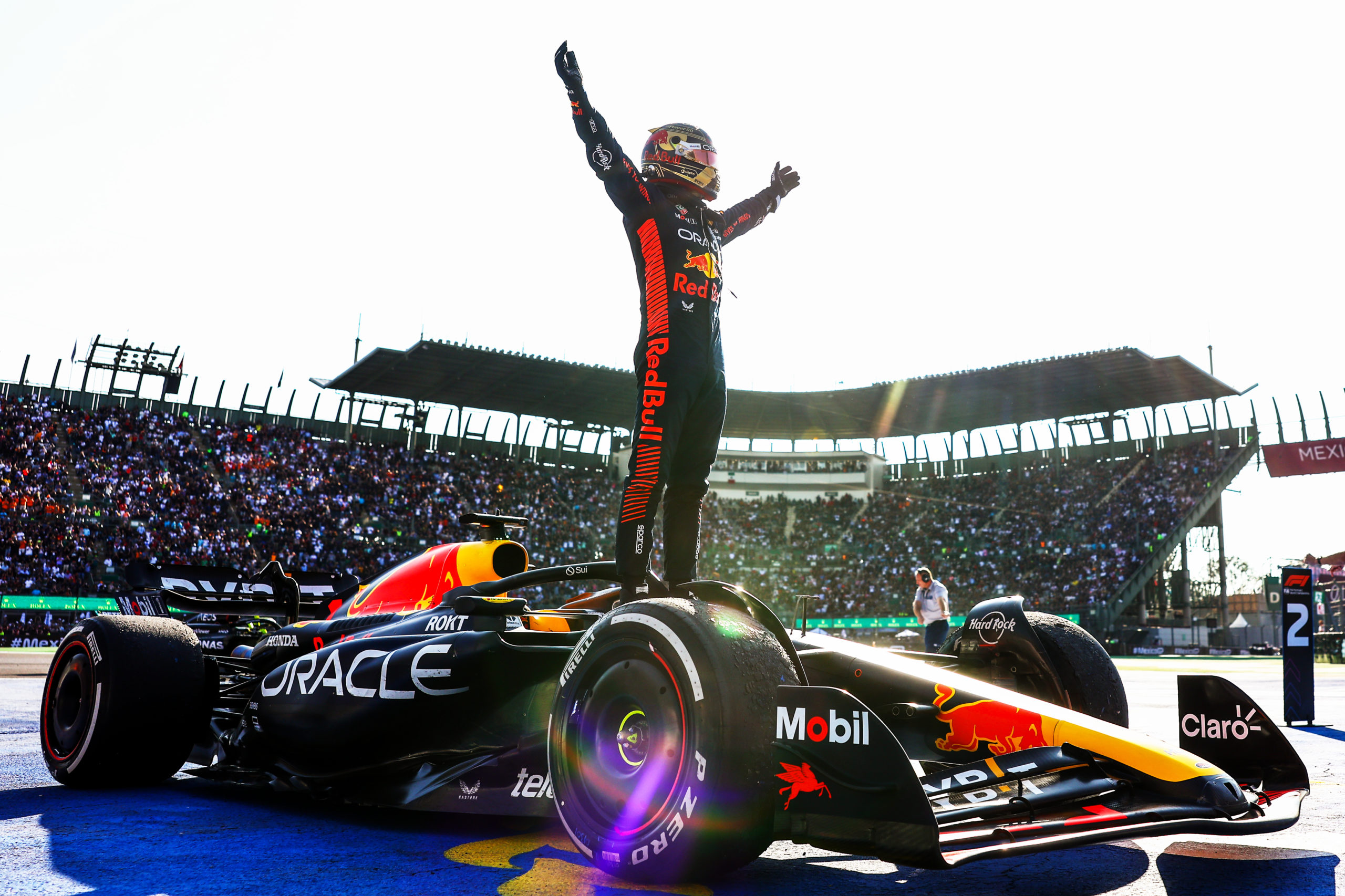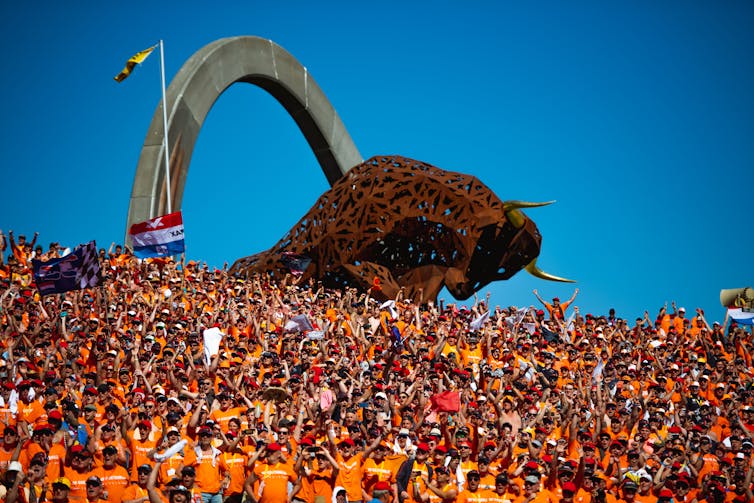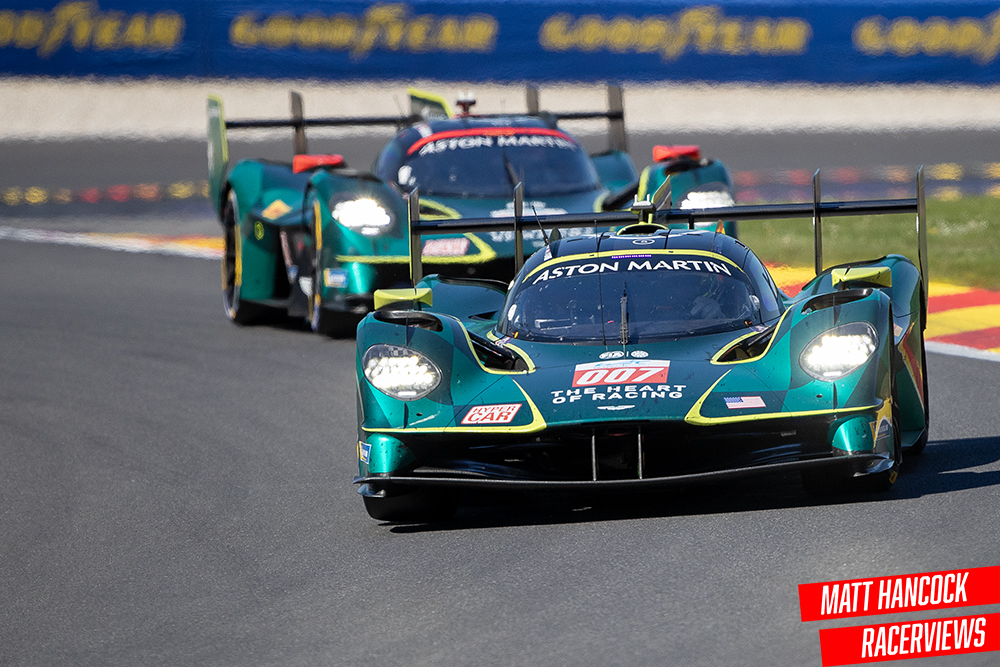
Robin Ireland, University of Glasgow
Last year’s Formula One season was dominated by one driver, Max Verstappen, and one team, Red Bull. A sport once financed by tobacco sponsorship, now has its fastest car bankrolled by an energy drink.
Commercially, Red Bull’s presence in Formula One makes perfect sense. Any global brand would love to take centre stage in a sport associated with thrills, excitement and glamour.
And just like a Formula One engine, Red Bull’s journey to that stage has been meticulously engineered. The company started out by sponsoring a Formula One team (Sauber) in 1995, went on to buy Jaguar Racing in 2004 and then in 2005 bought Minardi to form another team, Torro Rosso, now known as AlphaTauri.
Such focus and drive towards the Formula One elite matches the tactics behind the success of the entire Red Bull organisation. Launched in Austria in 1987, clever marketing has led to it becoming the biggest brand in an energy drink industry worth billions of pounds a year (despite health concerns over the typical ingredients of these drinks.
As Red Bull’s founder, Dietrich Mateschitz, told Forbes in 2005: “When we first started, we said there is no existing market for Red Bull. But Red Bull will create it.”
He was right. Now the biggest soft drink company after Coca-Cola and Pepsi, Red Bull sold 9.8 billion cans to customers across the world in 2021. And the company’s desire to expand appears undiminished.
In 2020, it spent €1.6 billion (£1.4 billion), around a quarter of its annual revenue, on sponsorship and advertising, to actively target what one executive described as “the coveted and elusive young demographic across the globe”. Red Bull and its rivals have spent a lot of money convincing Gen Z and millennials that they need to consume energy drinks to manage a modern lifestyle.
One way of doing this, as other industries have previously shown, is through sport sponsorship. Indeed, alcohol and tobacco are sometimes credited with inventing modern sport sponsorship, often as a means of evading other, more controlled, forms of marketing.
For example, when cigarette advertising was banned from the UK broadcast media in 1965, motor racing sponsorship provided an opportunity to gain widespread exposure for tobacco brands.
Sport works particularly well as a marketing tool for three main reasons. First, it attracts young consumers. And as the tobacco industry demonstrated throughout the 20th century, if you recruit customers young, you can create a strong degree of brand loyalty, potentially keeping them for life (albeit potentially a shortened one for smokers).
Second, sport draws a huge audience. It can be consumed across all types of media, at any time of day or night. Rupert Murdoch arguably built his media empire in part on understanding the huge appeal of live sport.
Finally, sport inspires passion and devotion, qualities that brands are desperate to be associated with their products.
Power play
But there is another dimension worth noting in the powerful relationship that exists between sport and business. The industries which like to fund sport often become defensive when it’s suggested that their products may have a negative impact on fans.

Ev. Safronov/Shutterstock
We have seen this in the lobbying efforts of the gambling and alcohol industries. And sport is often left untouched when governments do seek to rein in brand marketing, even when that marketing is clearly targeted at young people – as it is often with energy drinks.
These drinks are known to contain high levels of sugar and caffeine. And there is scientific evidence which suggests that regular consumption of energy drinks by young people is linked to unhealthy behaviour, including poor psychological, physical and educational wellbeing.
Some countries, including Lithuania, Sweden and Turkey, have already imposed mandatory age restrictions on the sale of energy drinks. In the UK, the government proposed a similar plan in 2019, but despite overwhelming support from the public, nothing has changed.
Sport is expensive and needs sponsors. But it would be a big win for society if it was finally able to find alternative sources of money to keep the show going.
For now, though, young sports fans – who often view food company sponsors as “kind, generous and cool” – have all the branded Red Bull merchandise they could possibly need to show their allegiance. And it is this kind of brand loyalty which could potentially one day develop into a gambling, alcohol, junk food or energy drink habit all of their own.![]()
Robin Ireland, Honorary Research Fellow, University of Glasgow
This article is republished from The Conversation under a Creative Commons license. Read the original article.




